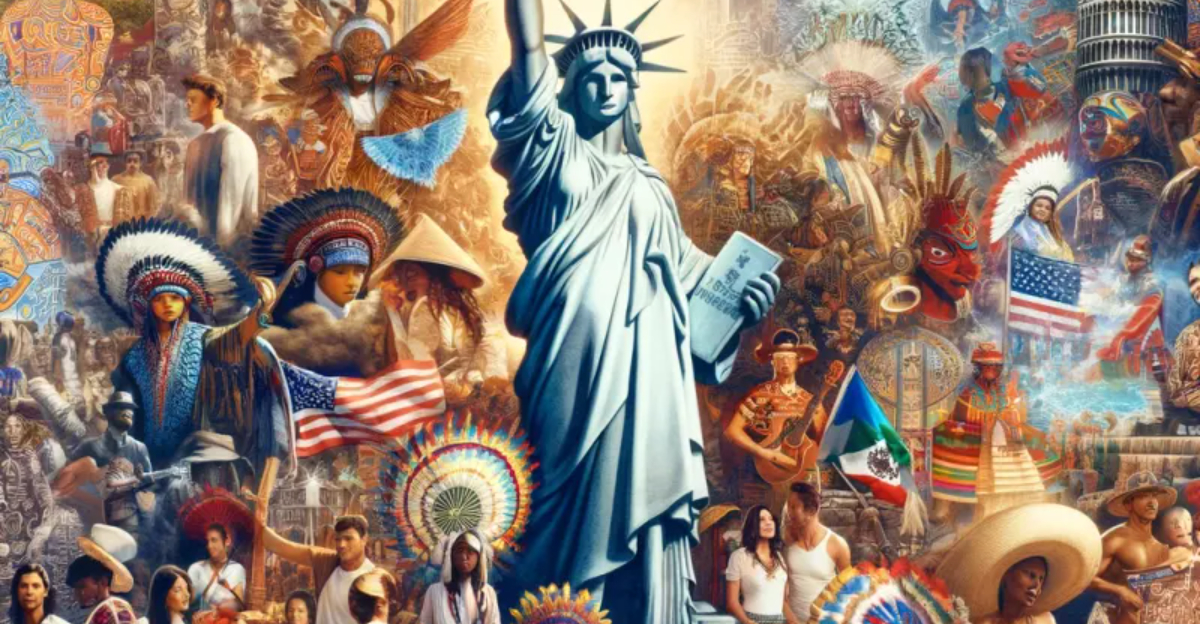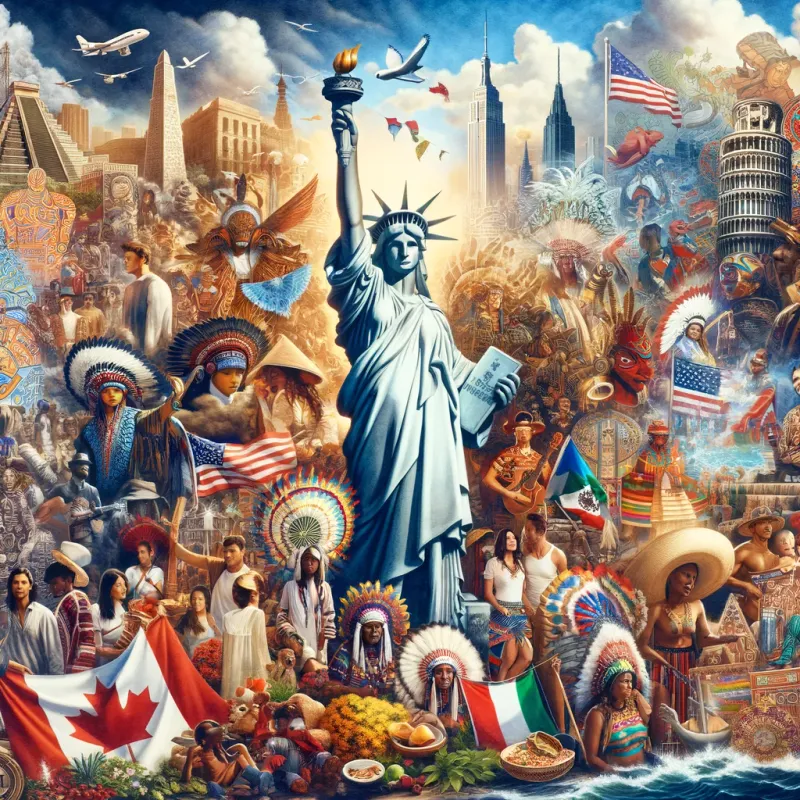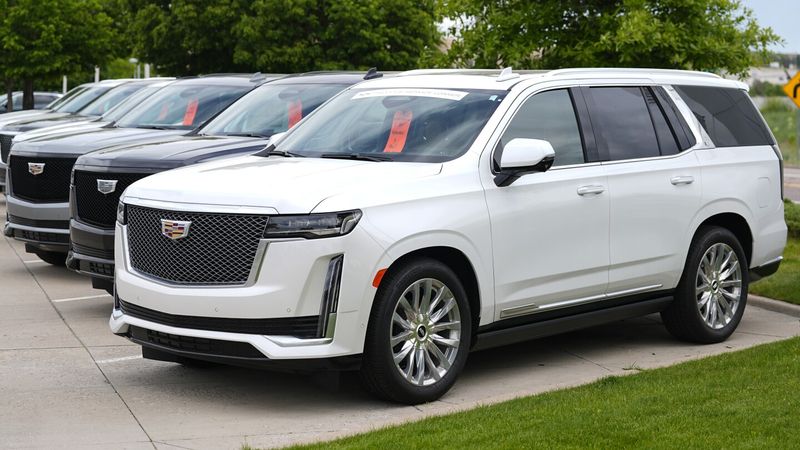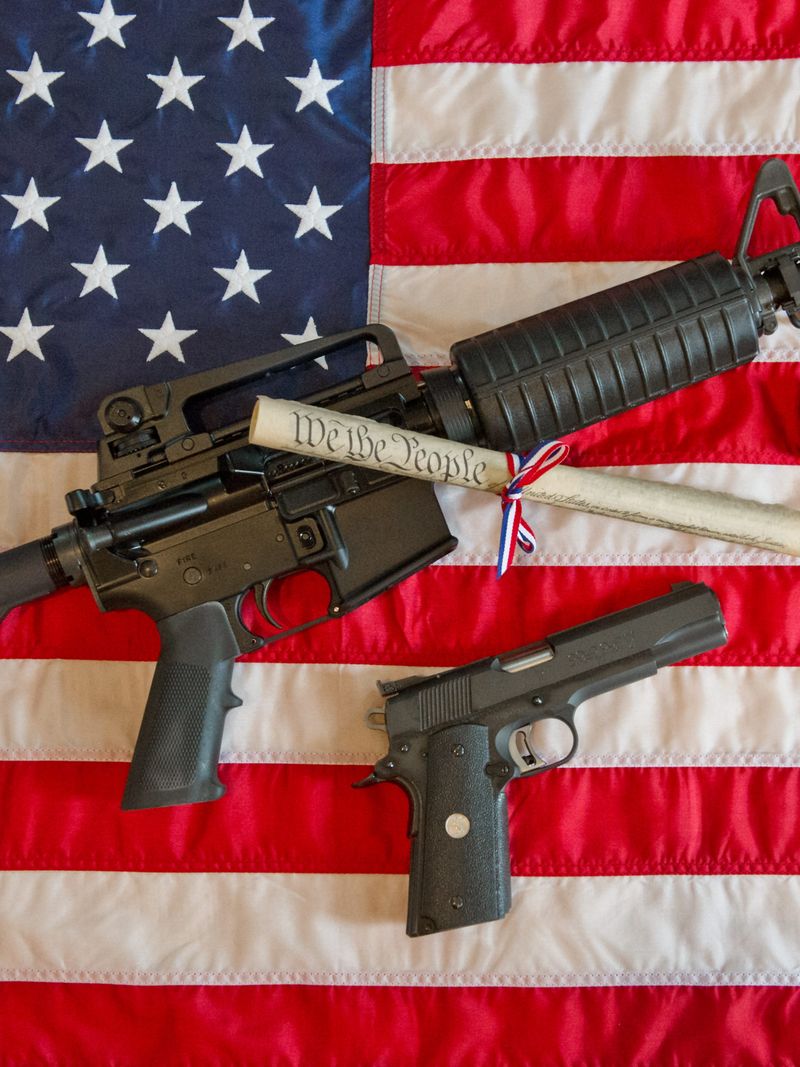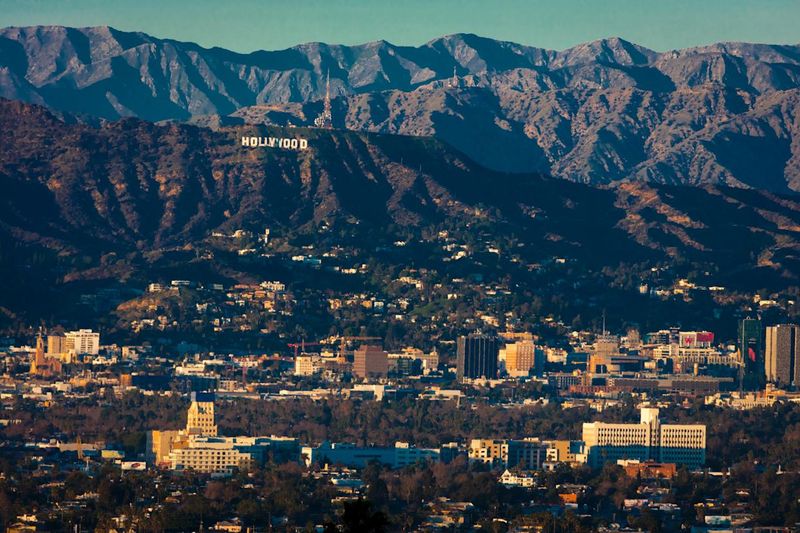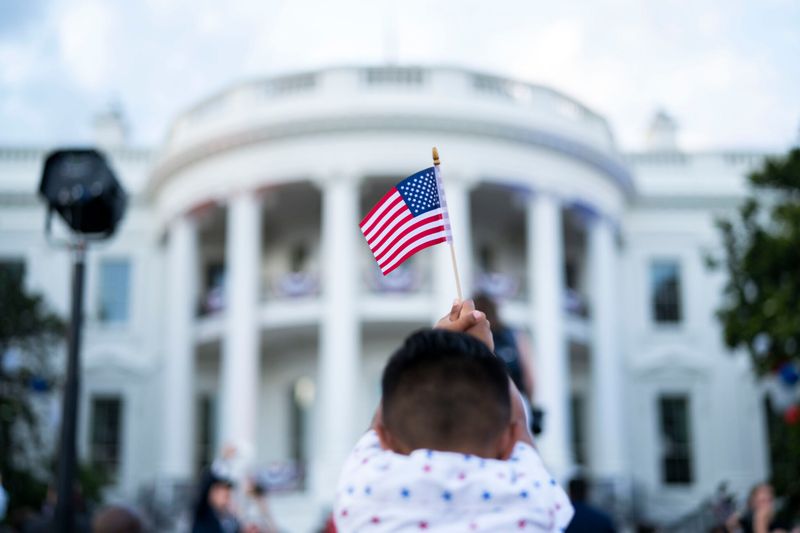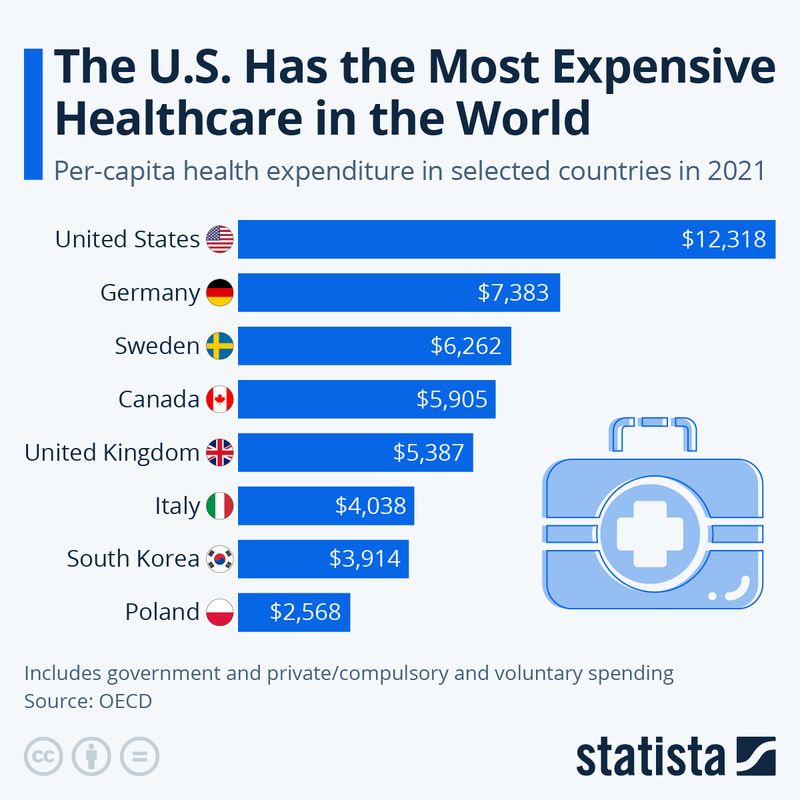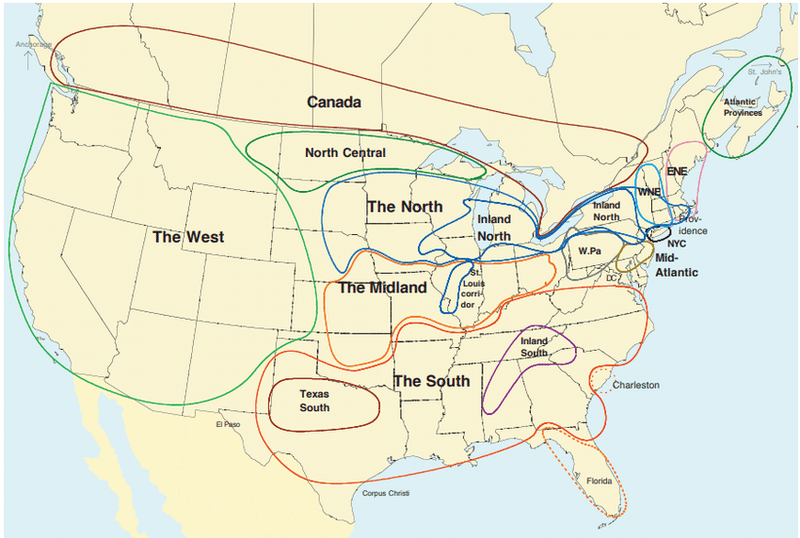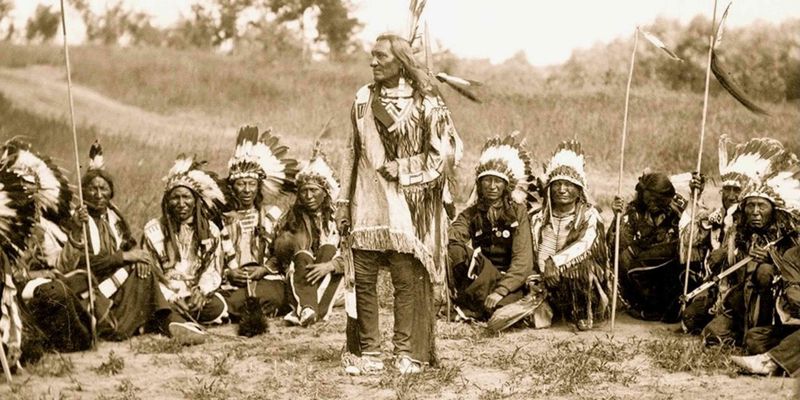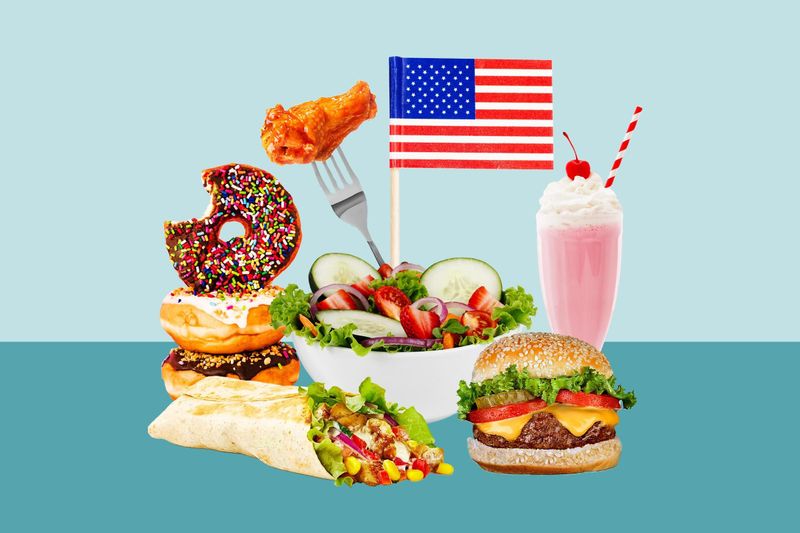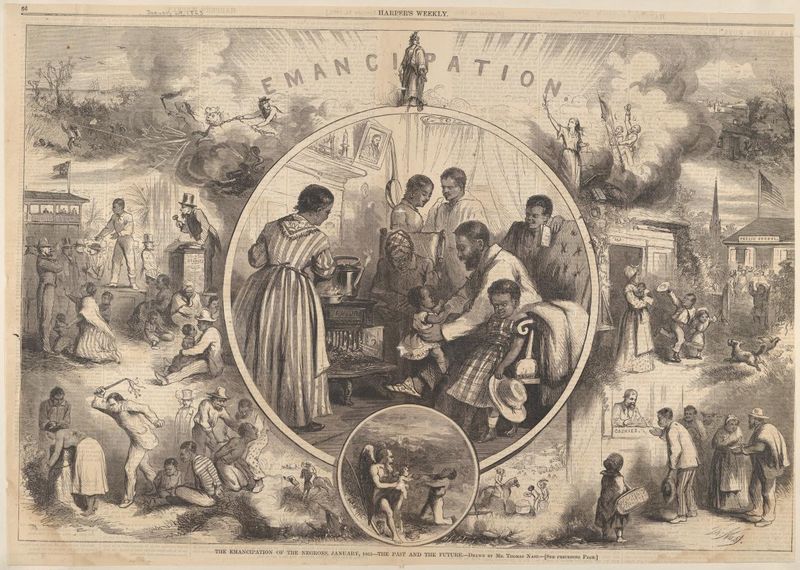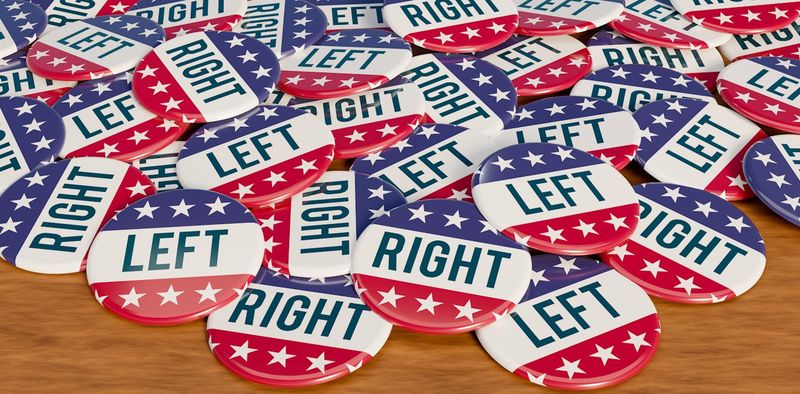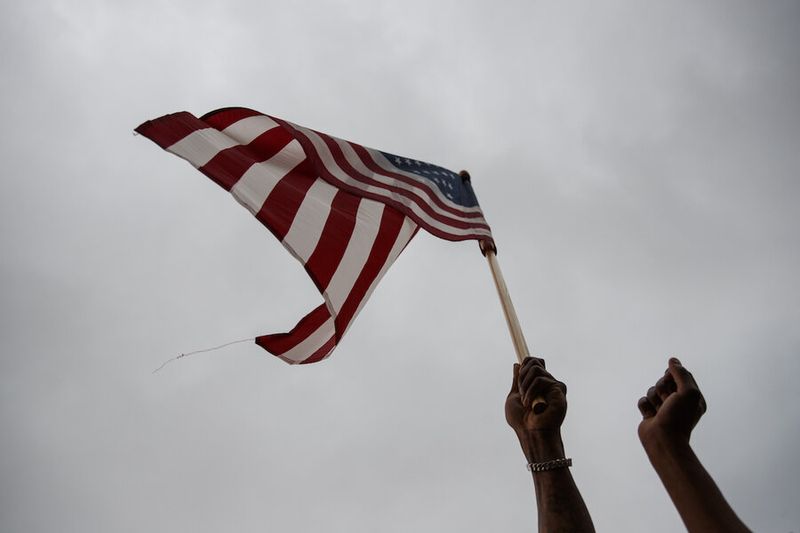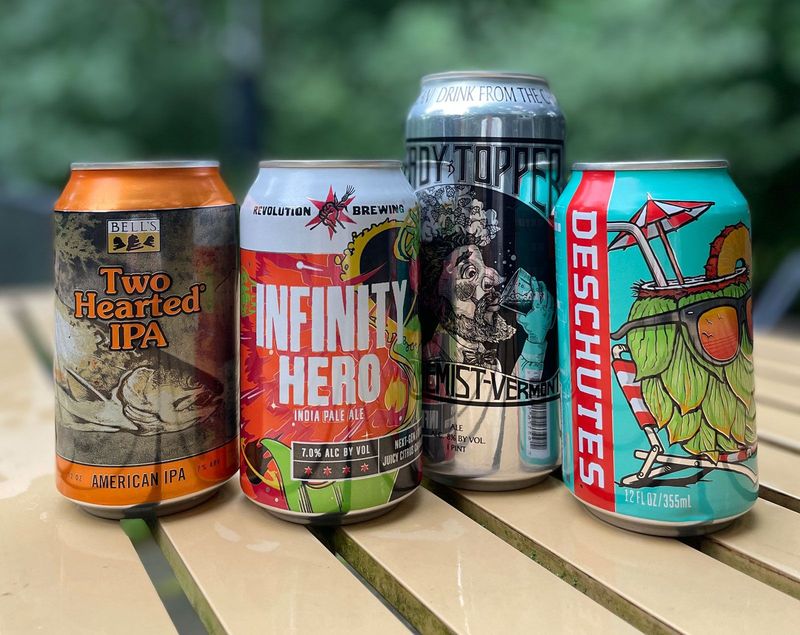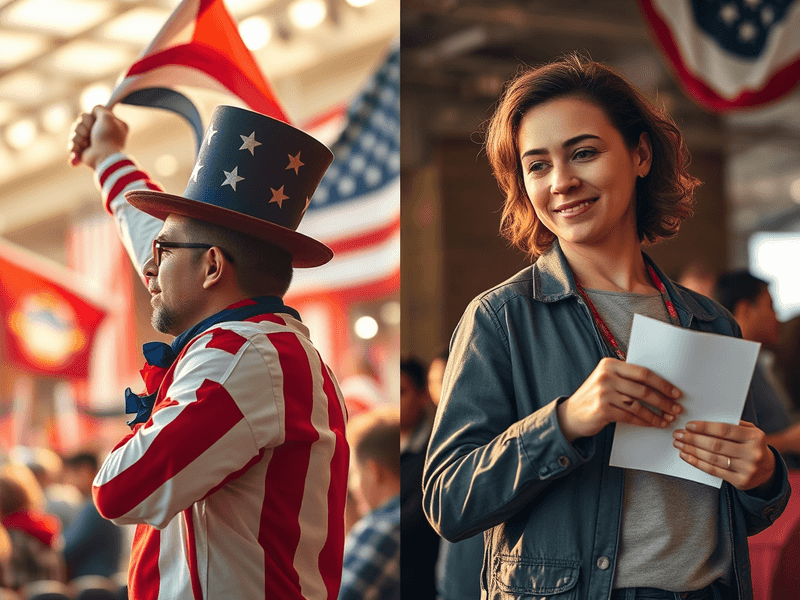Every nation has its own cultural touchpoints and sensitivities, and the United States is certainly no exception. When chatting with Americans, certain comments can unexpectedly lead to awkward silences, heated debates, or even hurt feelings. Whether you’re visiting the States or just talking with American friends online, knowing what topics might strike a nerve can help keep conversations friendly.
1. “You don’t have a real culture”
Americans might roll their eyes at this one. The United States may be younger than many nations, but its cultural contributions are undeniable and diverse.
From jazz and blues to Hollywood films, regional cuisines, and literary giants like Hemingway and Morrison, American culture runs deep. What looks like “no culture” to outsiders is actually a complex tapestry of influences from around the world, shaped into something uniquely American.
2. “Why is everything so big in America?”
Space shapes perspective. Americans grew up with wide-open landscapes, massive national parks, and highways stretching to the horizon. This abundance of space influenced everything from portion sizes to vehicle dimensions.
Many Americans genuinely don’t see their SUVs or restaurant servings as particularly large—it’s simply normal to them. Rather than mocking the scale of American life, try understanding how geography and history created these norms.
3. “Your country is just full of guns”
Few topics ignite passionate debate faster than firearms in America. Gun ownership is deeply woven into certain American identities and protected by the Constitution’s Second Amendment.
While gun violence statistics are concerning, many Americans have nuanced views that don’t fit neatly into “pro-gun” or “anti-gun” boxes. Some hunt for food, others feel safer with protection, and many support both gun rights and reasonable regulations.
4. “Americans are all loud and obnoxious”
Painting 330+ million people with the same brush never works well. Yes, some Americans speak louder than people from other cultures, particularly those from certain regions known for expressiveness.
But countless Americans are quiet, reserved, and thoughtful. The stereotype of the loud American tourist exists partly because you don’t notice the quiet ones blending in. Cultural communication styles vary widely across the country, from Southern hospitality to New England reserve.
5. “Football? You mean soccer?”
Sports terminology can be a surprising flashpoint. American football—with its helmets, touchdowns, and Super Bowl—holds a sacred place in American culture that rivals religion in some communities.
What most of the world calls football, Americans call soccer. This isn’t ignorance or stubbornness—it’s just different terminology. Correcting Americans about this comes across as condescending, especially considering “soccer” actually originated as a British term for Association Football.
6. “Do you know any celebrities?”
America produces Hollywood stars and global celebrities, but that doesn’t mean the average American runs into Taylor Swift at the grocery store. The United States spans nearly 3.8 million square miles with diverse population centers.
Most Americans live ordinary lives far from Hollywood or Manhattan. This question unintentionally suggests Americans live in some glamorous reality show rather than working regular jobs in thousands of towns across the country.
7. “I thought all Americans were rich”
American wealth disparity might shock visitors. While American GDP statistics look impressive and Hollywood exports images of luxury, economic reality varies dramatically.
Millions struggle with medical bills, student loans, and housing costs. Rural poverty, urban inequality, and a shrinking middle class exist alongside extreme wealth. This comment stings particularly for Americans working multiple jobs to make ends meet.
8. “Why do Americans work so much?”
The American work ethic stems from complex historical and cultural factors. Many Americans receive just two weeks of vacation annually, compared to 4-6 weeks in many European countries.
This isn’t necessarily by choice. Work culture, limited labor protections, and healthcare tied to employment create pressure to prioritize jobs over leisure. Many Americans actually wish for better work-life balance but face systemic challenges to achieving it.
9. “The U.S. is the worst country”
Blanket negativity rarely fosters productive conversation. Most Americans recognize their nation’s flaws—healthcare costs, gun violence, political polarization—but still appreciate its strengths.
Freedom of expression, innovation, natural beauty, and cultural diversity remain points of pride. Many Americans actively work to improve their country’s shortcomings while still feeling patriotic. Criticism lands better when it acknowledges complexity rather than painting with an overly broad brush.
10. “How do you live without universal healthcare?”
Healthcare remains a sensitive topic for good reason. Medical bills cause approximately two-thirds of American bankruptcies, and prescription drug prices far exceed those in other developed nations.
Many Americans support healthcare reform but disagree on solutions. The system’s complexity makes change difficult. Rather than expressing shock, recognize that most Americans understand the system’s flaws—they just face political and structural barriers to changing it.
11. “You all sound the same”
American English contains remarkable regional diversity that locals can identify instantly. Southern drawls, Boston accents, Midwestern inflections, New York cadences, and California speech patterns differ dramatically.
These accents carry cultural significance and history. A Texan and a Minnesotan sound nothing alike to American ears. Regional dialects also include unique vocabulary—is it a “soda,” “pop,” or “coke”? The answer depends entirely on geography.
12. “Thanksgiving is just about overeating”
While the food gets attention, Thanksgiving represents much more to most Americans. Family gatherings, gratitude practices, and cultural traditions make this holiday significant beyond the turkey and pumpkin pie.
Many families have unique Thanksgiving customs passed through generations. For some, it’s watching football together. For others, it’s volunteering at community meals. The holiday also prompts important conversations about American history and indigenous perspectives that continue to evolve.
13. “Your history is so short and boring”
This dismisses both indigenous history spanning thousands of years and the intense, complex development of modern America. Native American civilizations thrived across the continent long before European arrival, with sophisticated cultures, technologies, and governance systems.
The United States then packed remarkable transformation into its relatively brief existence—from revolution to civil war, westward expansion to world power status. American history contains fascinating chapters of struggle, innovation, and cultural evolution worth understanding.
14. “I’ve never met a smart American”
This insult ignores America’s contributions to science, technology, arts, and human knowledge. The United States leads in Nobel Prize winners and hosts world-class research universities attracting global talent.
From Einstein (who became American) to modern innovators like Katherine Johnson and Jonas Salk, American intellectual achievements are undeniable. This comment reveals more about limited exposure than reality. Intelligence exists everywhere, including throughout diverse American communities.
15. “Do you really eat fast food every day?”
America’s relationship with food is far more complex than drive-thru stereotypes suggest. While fast food chains originated here, America also birthed farm-to-table movements, organic food popularity, and countless culinary innovations.
Most Americans eat varied diets, with regional specialties from New England seafood to Southwestern cuisine. Urban centers offer world-class restaurants, while rural areas maintain farming traditions. Food habits vary tremendously by region, income, and personal preference.
16. “Americans don’t know anything about other countries”
Geographic knowledge varies widely among Americans, just as it does elsewhere. While some Americans might struggle to name foreign capitals, others are well-traveled, multilingual global citizens.
America’s geographic isolation and size contribute to this perception. Many Americans travel extensively within their own vast country before exploring internationally. Educational emphasis on world geography also varies by region and school system.
17. “The Civil War was just about states’ rights, right?”
This oversimplification touches one of America’s most sensitive historical wounds. The Civil War stemmed primarily from slavery—specifically southern states’ desire to preserve and expand it—as explicitly stated in their secession documents.
While “states’ rights” became a post-war narrative, historians overwhelmingly identify slavery as the central cause. This remains contentious because it connects to ongoing conversations about systemic racism and national identity. Approaching this topic requires nuance and historical accuracy.
18. “You’re American? You must love guns and hate healthcare”
Political stereotypes erase America’s remarkable diversity of thought. Americans hold complex, nuanced views that rarely fit neatly into binary categories or media portrayals.
A gun owner might support universal background checks. A fiscal conservative might advocate for healthcare reform. Many Americans feel misrepresented by their political system and media portrayals. Political identity in America involves intersecting factors of region, religion, economic status, and personal values.
19. “Why are you so obsessed with your flag?”
Flag reverence connects to America’s origin story and national identity. For many Americans, the flag represents ideals worth striving for—freedom, equality, opportunity—rather than blind nationalism.
Military families may associate it with loved ones’ sacrifice. Immigrants often display it proudly as a symbol of their new home. Of course, perspectives vary widely, with some Americans viewing excessive flag displays critically. The flag’s meaning remains deeply personal and contextual.
20. “American beer is just water”
The American craft beer revolution transformed the beverage landscape over recent decades. While mass-produced light lagers once dominated, the U.S. now boasts over 9,000 breweries creating world-class beers in every style imaginable.
American brewers regularly win international competitions with innovative approaches to traditional styles. Cities like Portland, Asheville, and San Diego have become global beer destinations. This outdated stereotype particularly irritates American craft beer enthusiasts who’ve helped revolutionize brewing worldwide.
21. “You think America is the best at everything”
American patriotism doesn’t necessarily equal blind nationalism. Most Americans recognize their country’s strengths and weaknesses with clear eyes.
Many actively work to address shortcomings in healthcare, education, and social equality. American self-criticism thrives in comedy, journalism, and daily conversation. While some Americans do express exceptionalism, many others advocate for learning from other nations’ successes. Patriotism takes many forms beyond the stereotype.
